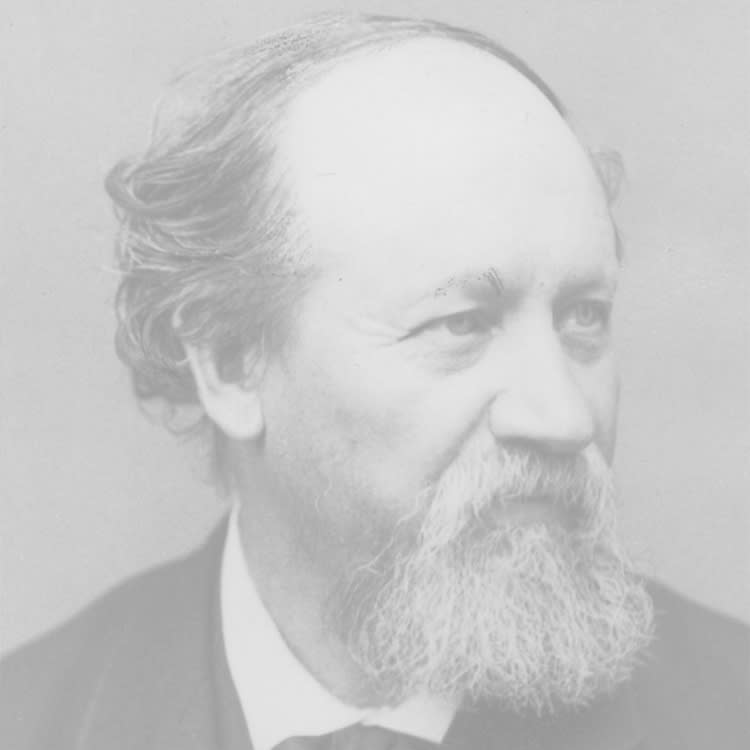EUGÈNE BOUDIN 1824-1898
A precursor of Impressionism, Eugène Boudin (1824-1898) was a master of light and ever-changing skies, capturing the fleeting atmosphere of coastal landscapes with a delicate touch. A visionary French painter, he played a key role in the rise of plein air painting, profoundly influencing the artists of the future Impressionist movement, including Claude Monet, who regarded him as his master. His works are now exhibited at HELENE BAILLY gallery.
Born in Honfleur on July 12, 1824, he moved with his family to Le Havre in 1835. After working for a printer and then a stationer, he came into contact with painters from the Barbizon School, such as Constant Troyon and Eugène Isabey, as well as the poet Charles Baudelaire. Encouraged by Jean-François Millet and Thomas Couture, he abandoned his commercial career at the age of 22 to fully dedicate himself to painting.
At a time when Classicism and Romanticism dominated, Eugène Boudin is an artist who chose a new path, inspired by the painters of the 1830 School, but focused on the study of open-air landscapes and atmospheric variations.
In 1862, he pioneered the beach scene, exploring the effects of natural light and the depiction of figures in outdoor settings. This new genre had a major influence on the Impressionists, who drew inspiration from his techniques to capture the fleeting nature of moments.
From 1870 onward, increasing demand from art dealers led him to focus more on marine painting. Though deeply attached to the skies of the Seine estuary, he was compelled to travel across Europe, painting in Bordeaux, Venice, Berck, and the Netherlands. Yet, his true subject remained the sky and light, which he explored through varied atmospheres and fleeting moments.
During the 1870s, his study of light led him to introduce the concept of series, capturing changing atmospheric conditions - an approach that Monet and other Impressionists would later adopt.
However, his art, based on ephemeral beauty and free execution, struggled to gain acceptance among a public still attached to descriptive and academic painting. It was only in the 1890s, after years of perseverance, that he received delayed recognition.
In 1898, still striving for greater artistic depth and purity, Eugène Boudin passed away in Deauville, in his modest chalet overlooking what had been the central focus of his entire life’s work: the sea, the sky, and the light.

